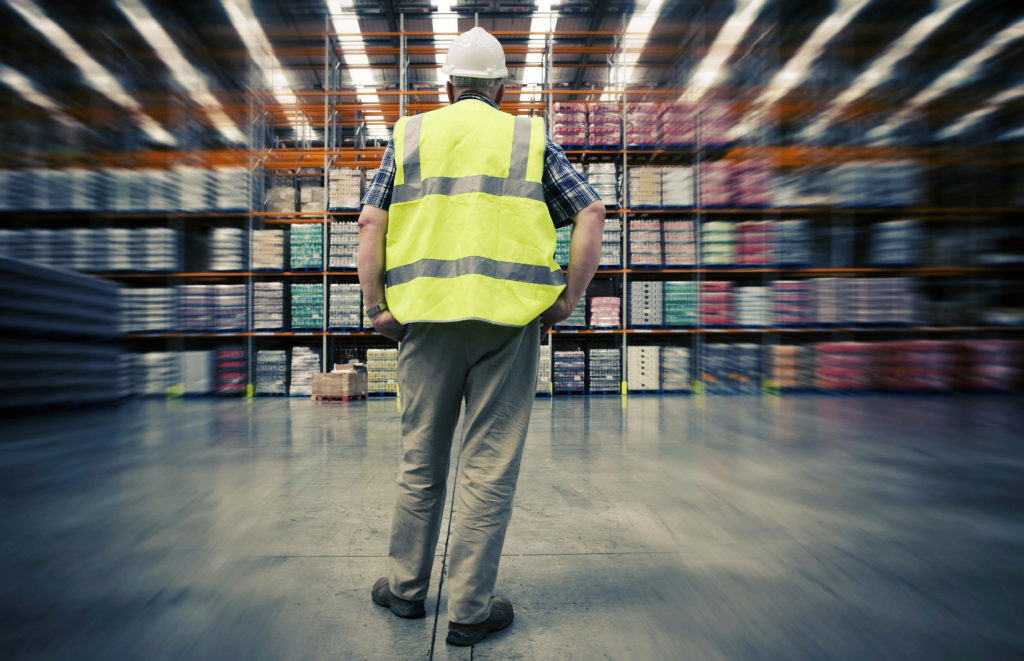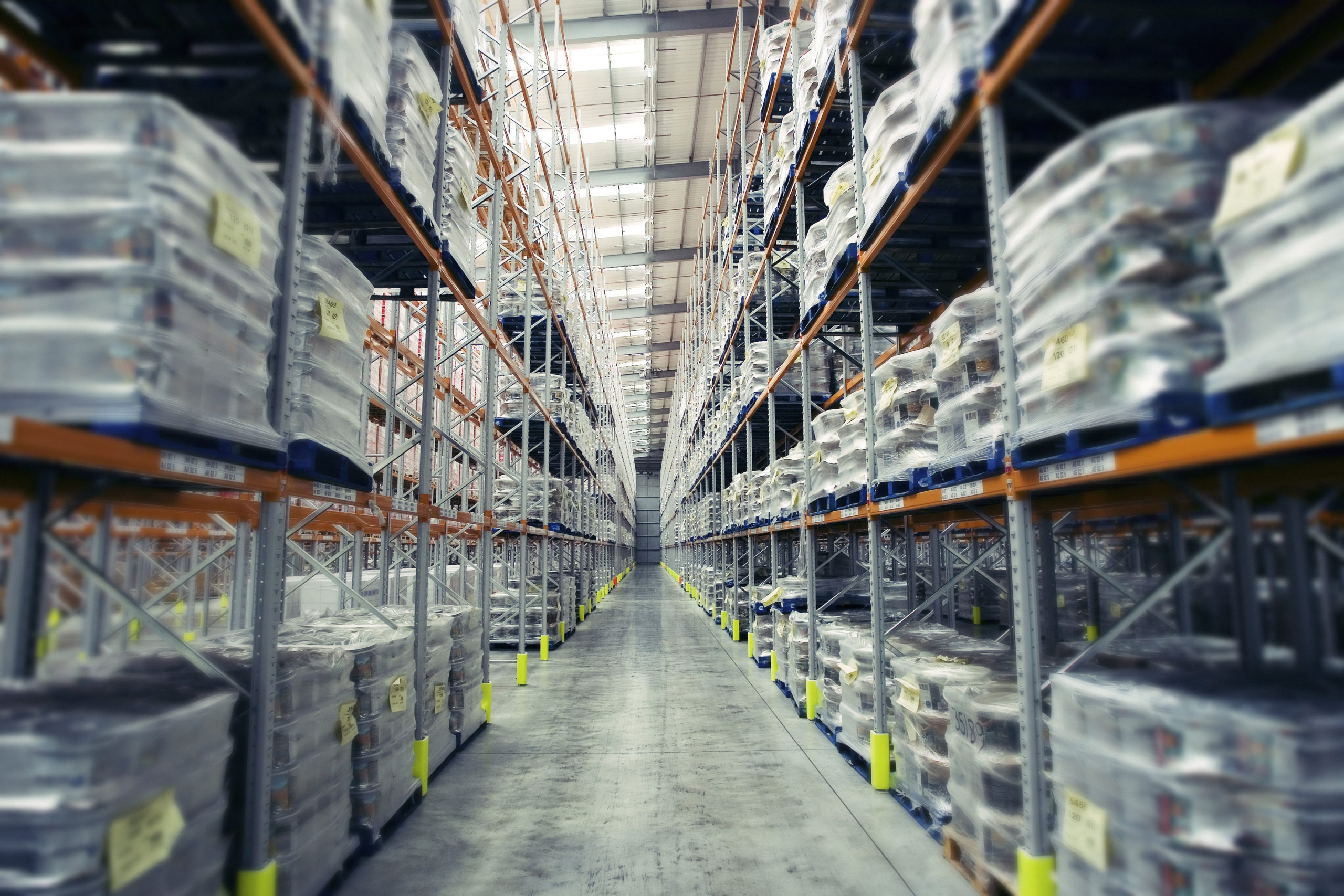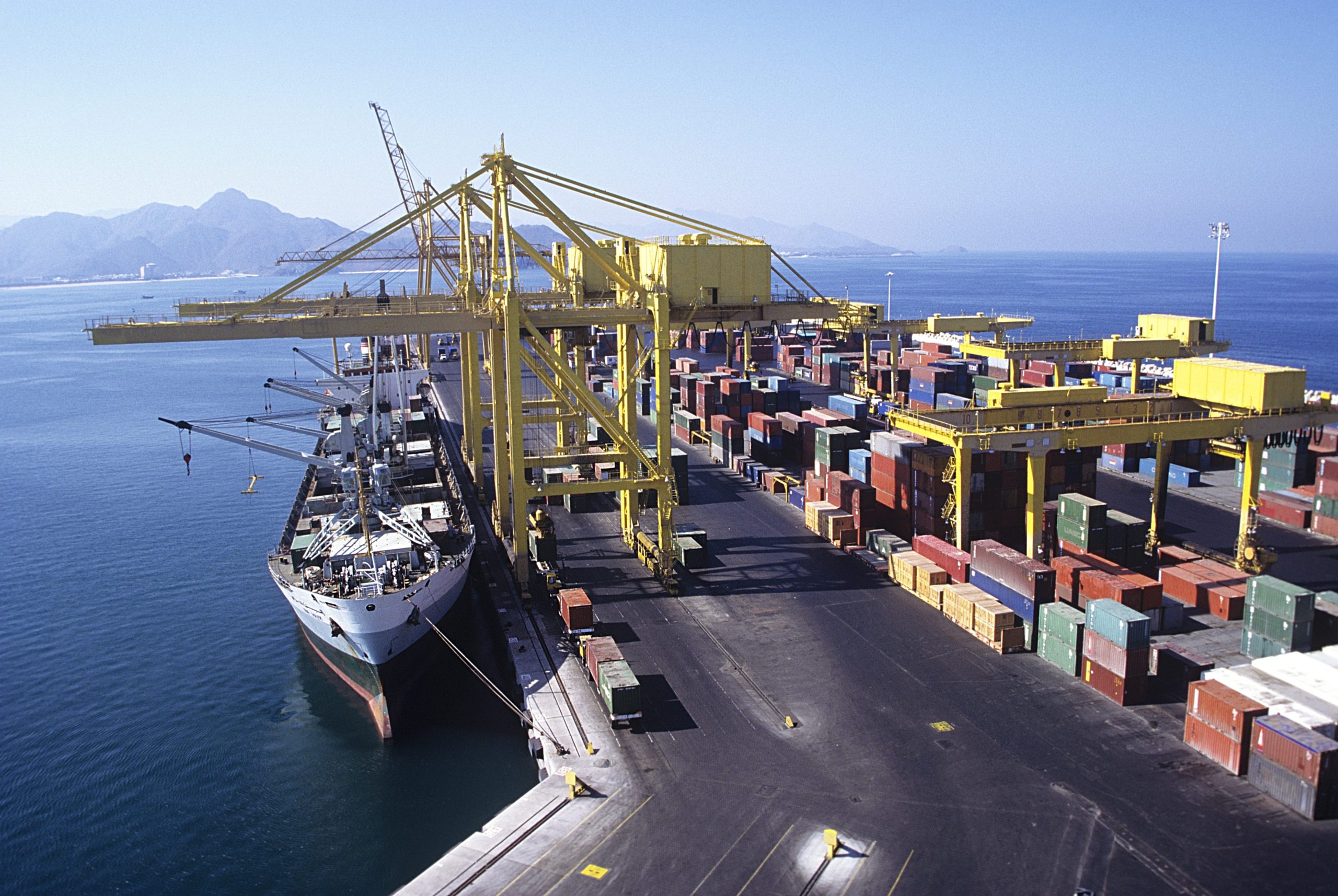A chemical distributor works just like any other distributor. The distributor buys goods from manufacturers, in this case, chemicals, and sells them to their customers.
What are the advantages to buy from a distributor?
Due to the large storage capacities, the distributor can still offer chemicals even if the manufacturer is already sold out. For example, when the production stops due to maintenance reasons, or they have to declare a force majeure, because of unforeseen circumstances. In these cases, the distributor can offer their customers certain security of supply. This is possible because Distributors often have more than one product in their portfolio of the same kind of chemical. Depending on the customer’s requirements, it can be more easy or difficult to replace the original substance.
I give you an example of similar products: Let’s imagine, you want to buy a pack of milk in a supermarket. In this case, the supermarket is also a distributor. Here you have a large selection of manufacturers and types of the same product, milk but with different characteristics. For example, whole milk, low-fat milk, homogenized milk, and so on and so forth.
As you can see, it is very easy for a good distributor to replace the previous product with an alternative one. Sometimes it is even possible to get the same substance from the distributor, which is only a product from another manufacture. Through this flexibility, the distributor creates value for its customers. In our supermarket example, this would mean that we as a customer simply buy the milk as before from the supermarket, but we take a different brand as we bought before.
What value-added services do distributors offer?
Many distributors offer services that go beyond this basic function. We name these services value-added services. An example is mixing and blending of chemicals before delivery. This has the advantage that customers don’t have to blend the chemicals themselves. If you take this service, it saves your business time, money, and the cumbersome handling of the individual components. Mixing chemicals require a tank in which the chemicals are combined to react with each other or to create a physical solution. You can compare this to cooking at home and you stir your ingredients in the pot to prepare your meal. However, it is a lot bigger and the chemicals must be thoroughly mixed in the chemical reactor.
Chemical distributors take part in research and development
Some distributors go even one step further and offer the production of tailor-made formulations for customers through their research laboratories. Thus, another service is the research and development of specific solutions for their customers. These solutions can vary depending on the industries the distributor is specialized in.
The next point, the quality management, also has to do with the laboratory. This is an important part of the selling process of chemicals. Contamination, especially in the food and pharmaceutical industries, can lead to costly cleaning and, in the worst case, the loss of the entire production volume. Therefore, only high-purity chemicals are used in these quality-sensitive industries. You can find more information on our Nutrition page.
And what happens if a chemical won’t be sold any longer?
In this case, the sales team of the distributor can search for a new solution together with the customer. Tests can be carried out at the customer’s site and the distributor supports the customer with his expertise on the various products and applications. For this purpose, chemists are often hired who are very familiar with the product portfolio and can advise customers.
What about new products and how to sell them?
For new product launches, distributors can also help at the other end of the supply chain. Distributors work with manufacturers to register new products at all relevant authorities (e.g. REACH, TSCA, BRP, etc.) and bring them to the market. For manufacturers, distributors offer a favorable supplement to their own sales team, which can vary in strength depending on the company. Therefore, distributors are an additional sales channel, which reduces manufacturers’ dependence on their own sales force. Some manufacturers may even not be able to afford a sales force. Especially for distributors who are active on single continents such as Europe, Asia, America, or even globally, this makes the approach to the market much easier for the manufacturer.
So let’s summarize
Distributors offer various advantages and can be worthwhile for both customers and manufacturers. Finally, we can conclude that the more reliable a distributor is and the better the services match your needs, the better is it for you to keep the chosen company as a long-term business partner. Such a relationship can positively influence and help to grow as well as prepare your business for the future.





